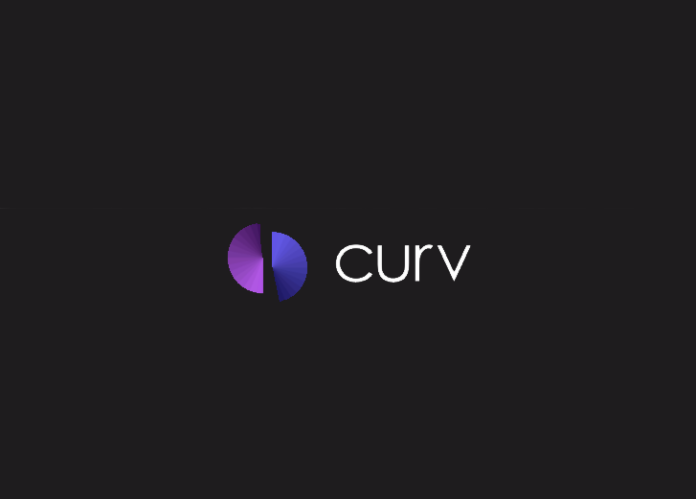Recently Paypal announced that it will acquire Curv $500 Million. But what exactly does Curv bring to the table and how does it stand up to the competition? Let’s look into it.
Curv Inc. is a cryptography company that offers a digital wallet service. They provide financial institutions and enterprises security, availability and total autonomy over their digital assets by offering a distributed and secure way to sign transactions. For this, it uses a multi-party computation (MPC) protocol ensuring proper signature using a mathematically proven model.
Curv is not the only one in this space, a number of offerings offer similar experience with each having its own set of advantages/disadvantages. Here, we’ll compare Curv with Anchorage and Xapo.
We’ll compare these services on four parameters.
- Features
- Ease of Use
- Security
Features
All the offerings offer digital asset wallets through which you can send/receive cryptos. Curv has two other services called Curv Air Gap and Curv DeFi. The former allows you to supplement your online transactional wallet with an offline, air-gapped machine through which you can sign your transactions. This helps in adapting to regulatory changes and offers benefits of cold wallets without and operational challenges.
Curv DeFi is a purpose-built enterprise DeFi solution that aims to be a institutional-grade system as compared to current DeFi arrangements.
Anchorage also offers services like Staking, Trading and Financing. For trading, the Anchorage API offers a point-and-click system through their web interface for easy trading directly on the exchange. This along with a qualified custody strengthens the security of the system. Anchorage also allows you to use your digital assets as a collateral for crypto loans or credit in USD.
Xapo doesn’t have any extra features other than custodial services
Ease of Use
Although all of them aren’t your typical systems to work with, Curv and Anchorage are more suited to enterprises who want to incorporate their APIs into the systems for wallet services. On the other hand, Xapo is a complete wallet service which can be used by any user just by downloading their app from Google Play Store/App Store. Curv has an Android app but isn’t as polished as Xapo.
Security
Curv doesn’t use public key cryptography and has its unique mathematically-secure, decentralized model which has the inherent benefits of blockchain but eliminates the weak point of the former systems.

What it basically does is that for a transaction to be considered valid, all parties need to be convinced of the transaction’s legitimacy and participate in the signature protocol. Here, the Curv policy engine has its set of rules which the transaction has to meet. After approval, The company’s MPC protocol jointly signs the transaction eliminating the need of private key.
Anchorage relies on the public key cryptography system but coupled with a proprietary encryption system of breaking down private keys into shards and using Hardware encryption. These are strong barriers which can only be crossed when certain conditions are met.
Xapo has secured its network by creating ultra-secure Vaults in the Swiss Alps. Vaults are offline, encrypted and very secure. These vaults are inside a reinforced concrete wall, a steel blast door and a wave-blocking Faraday cage. All of this deep inside a decommissioned Swiss military bunker guaranteeing against physical theft. And if that wasn’t enough, there are multiple vaults like these all around the world.
Take away
If you want to access your digital assets in a simple and secure manner only as an end-user, Xapo could be a worthwhile option for you.
For enterprises who want to incorporate digital asset services into their systems, Curv and Anchorage would probably win the contest. Which one’s better? Depends on your application.
If you’re only interested in custodial services, Curv would be the better option with its proprietary security system as well as a very flexible transaction verification system. However, if you also want to integrate other services like Trading, Staking and Financing, Anchorage would be the more suitable option.
